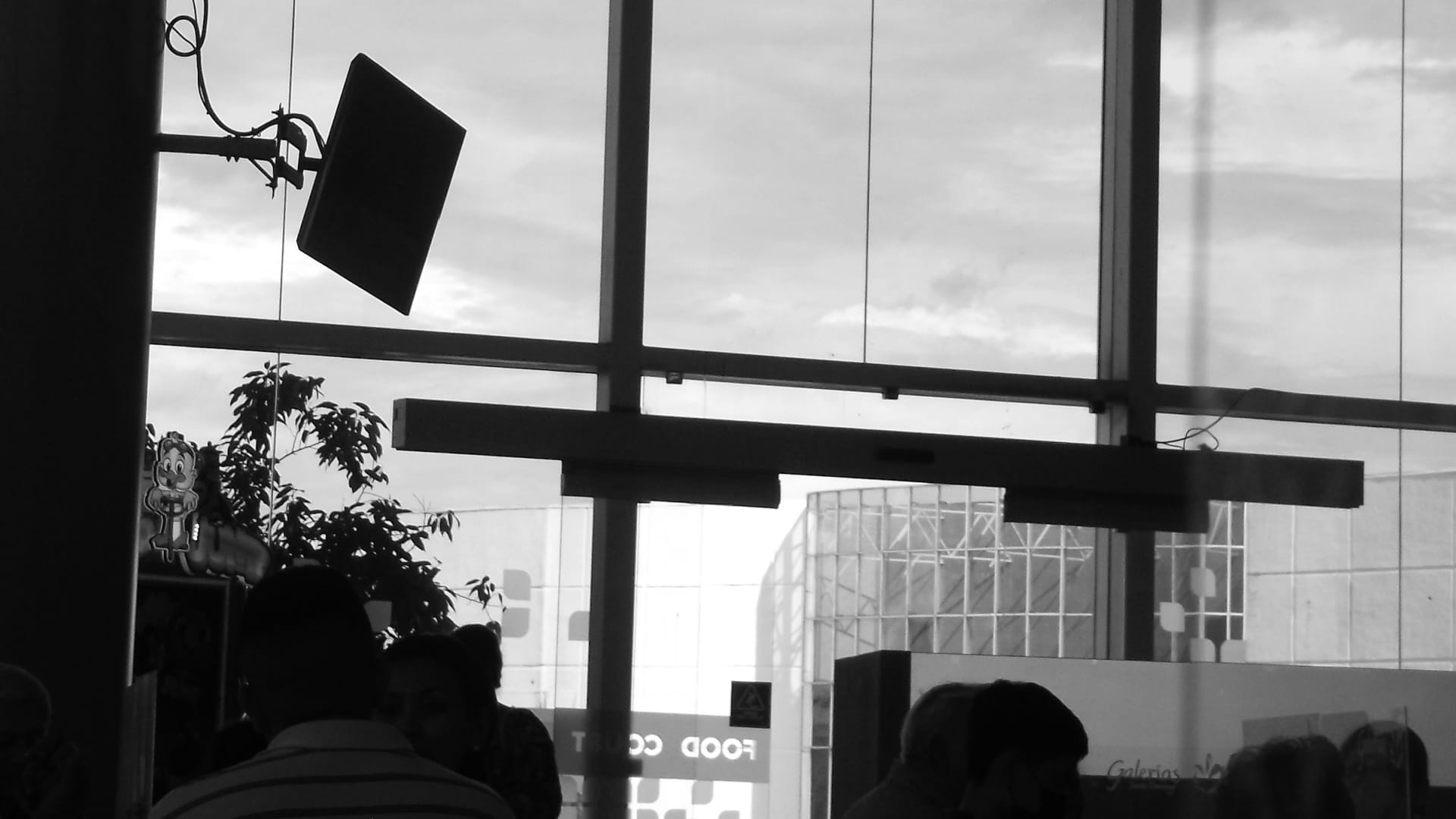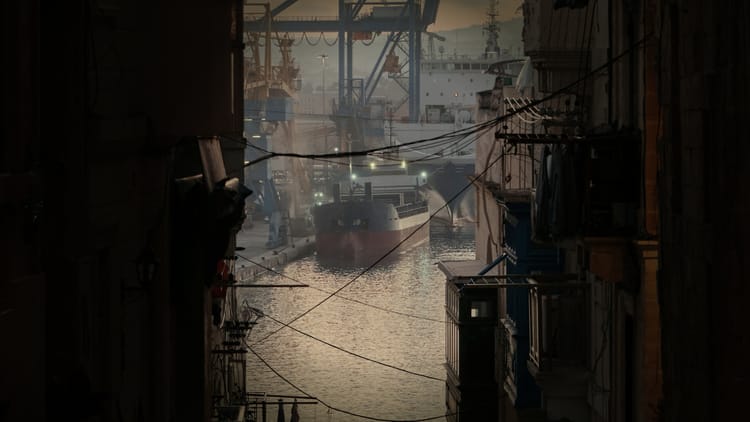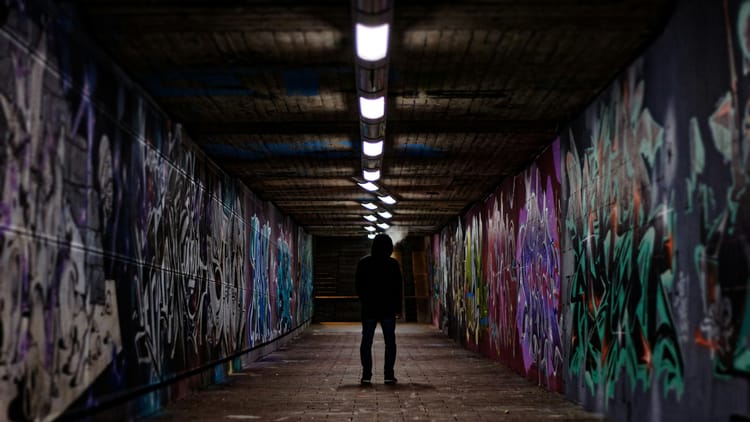Cash grab

After Félix Maradiaga’s father died in a traffic accident, his mother, a high-school teacher, worked also as a merchant with a small store to keep things solvent for her family. In the circumstances, it was a difficult decision for her, but when Félix was 12, she sent him from their home in Nicaragua to the United States with a few U.S. dollars tucked into the lining of his shoes; the ruling Sandinistas had confiscated the rest. For a time, Félix lived in a refugee facility, before a Nicaraguan family in South Florida took him in for two years. When he eventually returned home, he intended to build back what the regime had taken from his family—and he did, for a while. But then he got into politics.
As Maradiaga became more prominent in Nicaragua’s democratic opposition, the regime started moving against him. In 2021, he announced he’d run against President Daniel Ortega. Soon after, he was arrested and confined to the brutal conditions of a Nicaraguan maximum-security prison for almost two years. The Ortega regime subsequently expelled him back to the United States, but not before revoking his Nicaraguan citizenship and confiscating his assets. Since then, the regime has maneuvered to keep him locked out of the international banking system, monitoring and confiscating the assets of his extended family, too. Which is to say, they’ve subjected Maradiaga to methodical financial repression.
For as long as there’ve been autocratic regimes at all, they’ve used financial means to silence dissent and tighten their hold on power. But the techniques of financial repression that the Sandinista government has used against Maradiaga in Nicaragua are in some ways new—and those that dictators are using against their populations around the world continue to evolve. So how does financial repression work today?
Beyond his entrepreneurial and political work, Félix Maradiaga was the secretary-general of Nicaragua’s Defense Ministry, from 2002 to 2006, co-founded the Civil Society Leadership Institute, and has co-authored a number of books about the attrition of democracy in Latin America. Maradiaga says that as technology has changed, so have the tactics of financial repression. New international laws against money laundering, for instance—seemingly straightforward on their face—have given dictators new ways to silence critics. Autocracies like Russia, China, and Iran are meanwhile increasingly collaborating with one another to extend the reach of their repression efforts. And yet activists now have better technology, too. They can use Bitcoin, encrypted communications, decentralized platforms, and even AI-driven organizing strategies to get around the state’s new surveillance methods. The balance of power is still with the autocrats, Maradiaga says, but it’s at least a real fight ...
From Out of Control, a print extra created in partnership between The Signal x the Human Rights Foundation—available exclusively this week to attendees at the Oslo Freedom Forum and for general purchase starting Monday, June 2.
Allison Braden: When we hear about autocrats using financial means to repress dissidents, what exactly are we hearing about?






